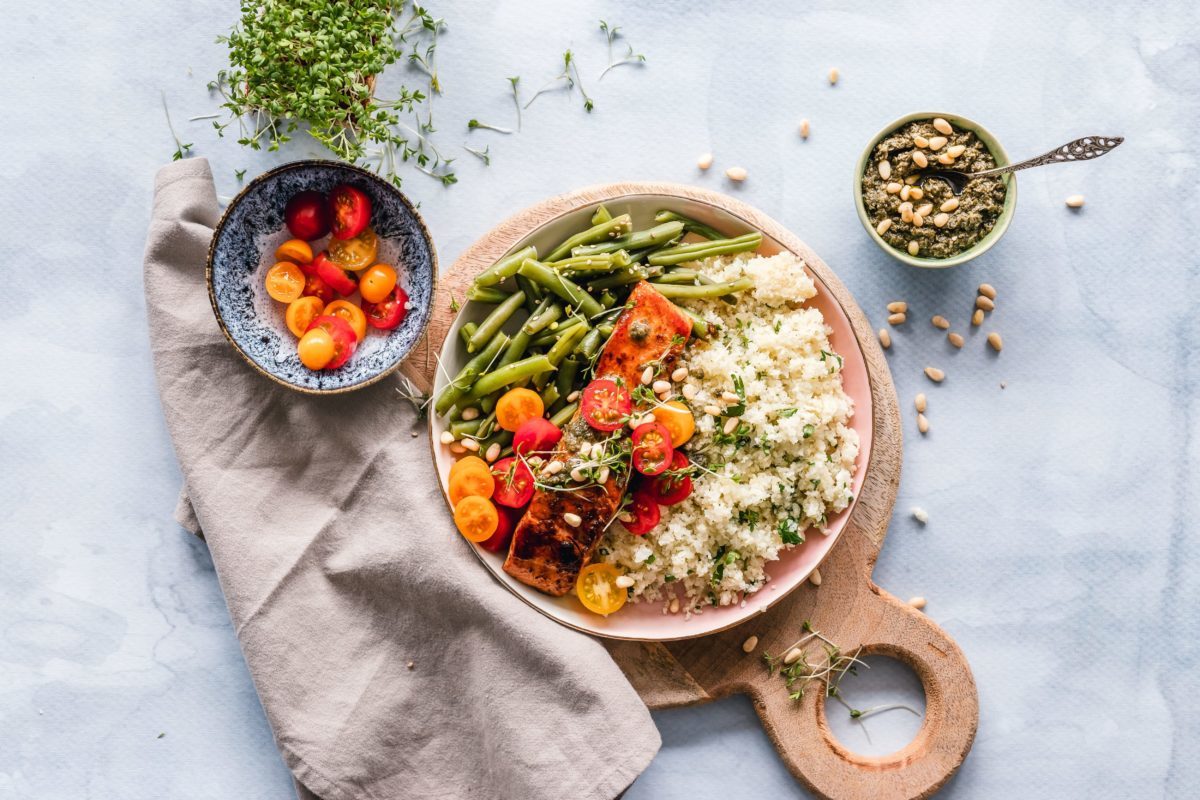
Ask Jenny: What’s the Relationship Between Diet and Skin?
In a recent article for Aedit I answered all their questions on the relationship between diet and skin…
1. Generally speaking, what is the relationship between diet and skin?
It may sound like a simple premise, but we literally are what we eat. Everything we consume (food, drink, supplements), is used by our body to grow and repair our cells, and as cofactors for all our metabolic processes. Our skin is no exception to this, and the appearance of our skin is a visual barometer for how healthy we are on the inside.
When I meet with a client I’m secretly scoping out their skin for signs of inflammation, dryness, premature aging, etc, as this can give me so much guidance on what is happening underneath the surface.
Additionally, if we have poor gut health and/or a diet that is low in nutrients our skin will suffer, as it is last in the order of our priorities for survival. Our body will prioritize nutrients for essential functions such as organ health, and minimize uptake to our hair, skin, and nails. So if we are not absorbing or consuming adequate nutrients it will show in dull, dry skin that loses its elasticity.
2. Can a person’s diet impact the way their skin ages (whether it be a healthy diet slowing down signs of aging or a poor diet speeding it up)?
100%. The 3 key dietary factors I ask my clients to consider are as follows:
- Minimize intake of sugar and high carbohydrate foods as this can cause glycation of the skin – the skin cannot repair itself efficiently and will become less elastic and resilient.
- Minimize intake of inflammatory fats such as canola and seed oils – these literally change the structure of the lipid bilayer (the cell wall) resulting in a more rigid structure and in regards to our skin this will show in a loss of plumpness and volume.
- Increase protein intake – amino acids (the components parts of protein once it is digested) are the building blocks of our skin, and if we are not eating enough protein then we are not giving our skin the raw materials it needs to repair and grow.
3. What types of food do you recommend to clients who are looking to minimize signs of skin aging (loss of firmness, dryness, pigmentation, etc)?
I strongly recommend reducing the amount of processed food a client is consuming and increasing the amount of protein and vegetables and low sugar fruits they are eating. Improving gut health is also important as this can a) help reduce inflammation, and b) ensure we absorb the much-needed nutrients in our diet.
To build a meal I recommend 20-30g of protein, 2-4 cups of vegetables (with a focus on leafy greens and brightly colored vegetables, and 1-2 tablespoons of healthy fats.
Foods that confer specific skin benefits include grass-fed beef, wild-caught salmon (healthy fats such as avocado, walnuts, sesame seeds, leafy green vegetables, and probiotic-rich foods such as yogurt and sauerkraut (probiotic-rich foods help gut health and minimize free radical damage). 100% dark chocolate is also a great source of skin glow-boosting phytonutrients too!
I love to supplement with 10g of collagen powder a day, 100mg of liposomal Vitamin C, and high-strength fish oil for my clients who are looking to slow down the aging of their skin.
4. What types of food do you suggest clients avoid to keep their skin looking its best?
In addition to high sugar, high carb foods and foods made with inflammatory oils I see a huge difference when clients minimize their intake of dairy foods (this can cause issues with inflammation resulting in acne, eczema, and rosacea), and limit alcohol intake as this can increase skin aging, dehydrate the skin and slow down detoxification and cellular renewal.
Helping
High-Achieving
Women Create
Optimum
Health
home
about
private coaching
The Metabolic Beauty Reset
corporate wellness
blog
privacy policy
terms & conditions
contact
© 2021 Jennifer Hanway, llc | All Rights Reserved | brand + website by high Moon studio
Programs